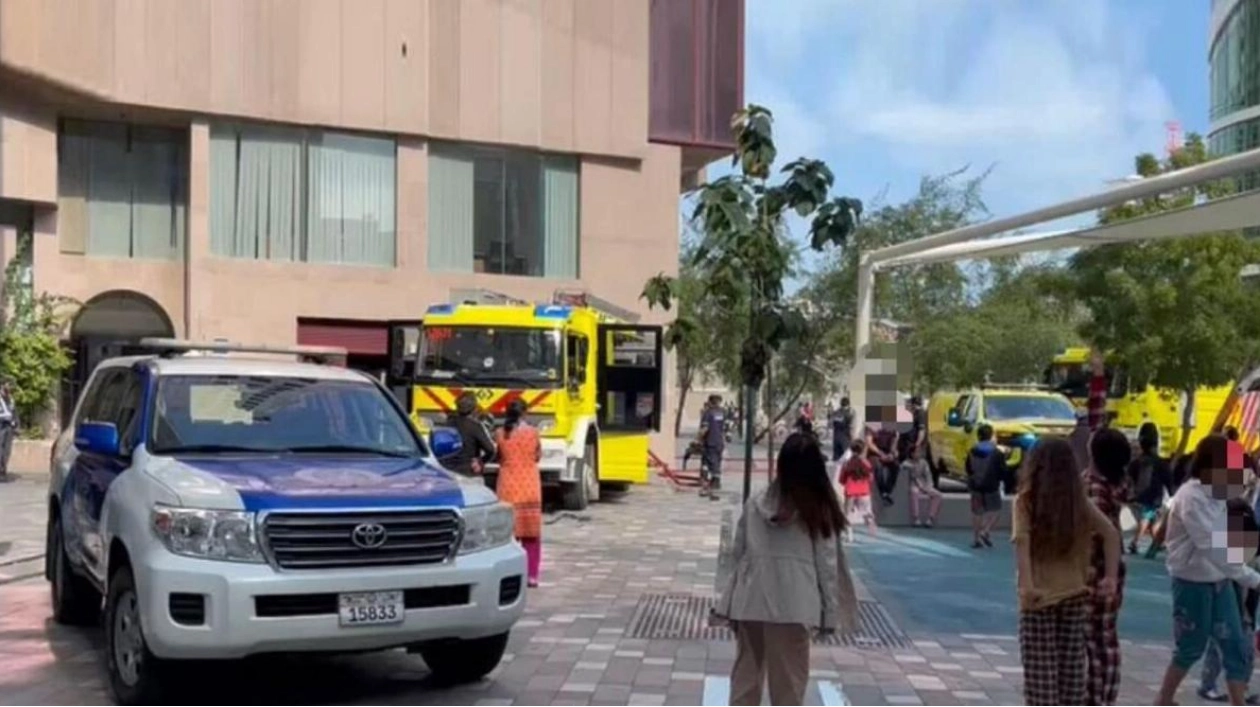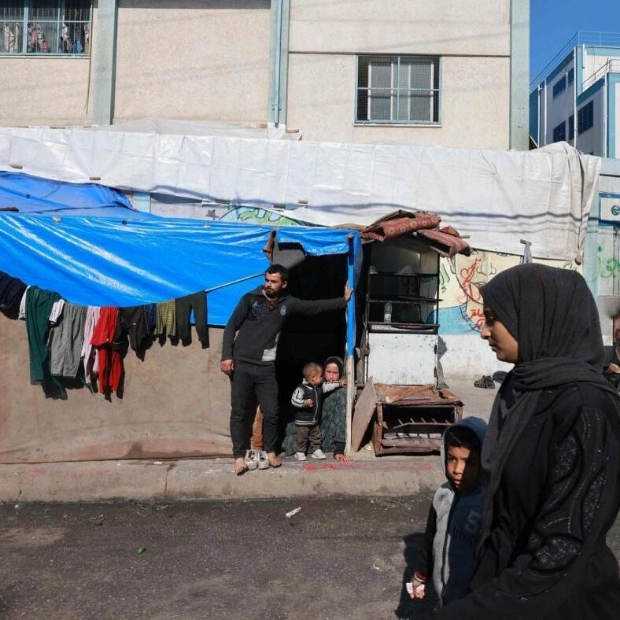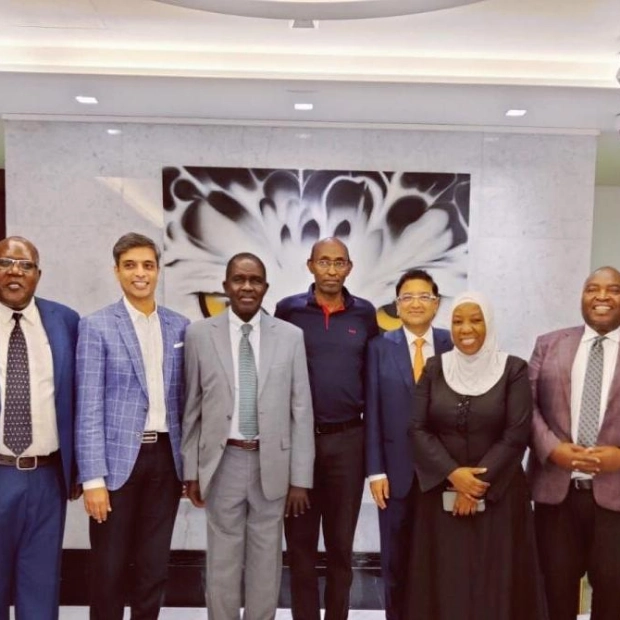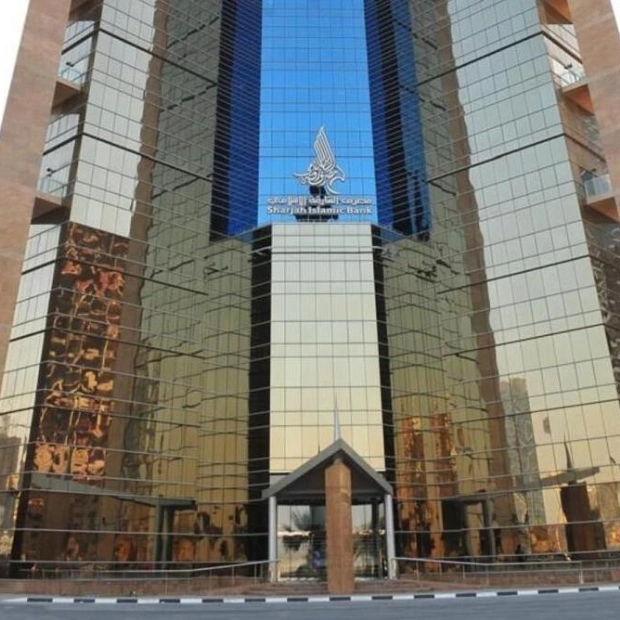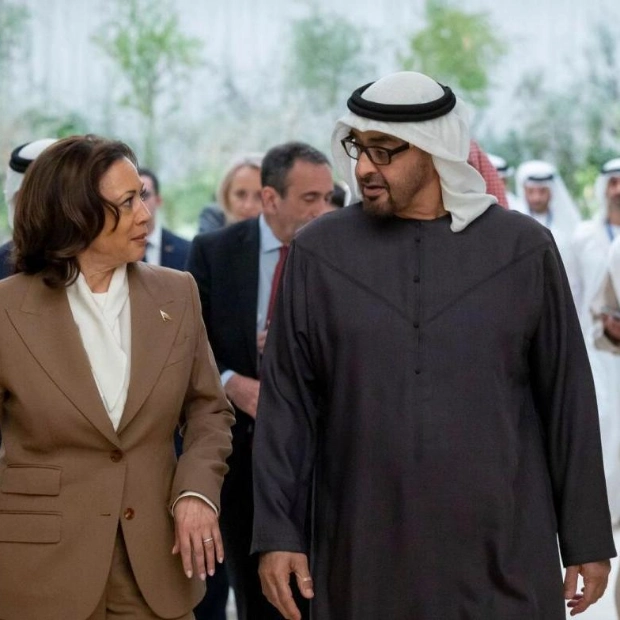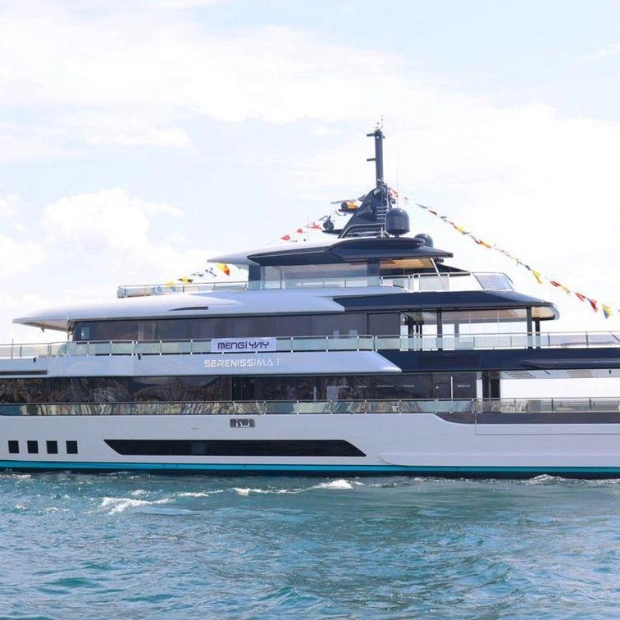Two masked men broke into a gold store at night, fatally stabbing the security guard who attempted to stop them before fleeing the scene, leaving the body and the knife behind. All fingerprints and DNA collected from the crime scene belonged to the victim; the robbers left no trace. However, police were able to determine the heights of the two men using a 3D scanner that accurately estimates height from CCTV footage. This hypothetical scenario illustrates how cutting-edge technology, introduced by young leaders within the force, is aiding police investigations.
The 3D scanner was first used by crime scene investigators following the gas leak explosion at the KFC building on Airport Road in September 2020. 'It helped us locate victims, identify the size and circumference of the explosion, and measure distances between shrapnel,' explained Captain Mohammed Al Kaabi, Head of crime scene measurement and sketching at Abu Dhabi Police. 'It also provides an accurate depiction of the scene to be included with the evidence presented.' Before the introduction of such scanners, police had to take multiple photos from various angles and piece them together to recreate the incident. In a large outdoor scene spanning 2.5km, the scanner completed the task in just three hours, whereas the old method could have taken up to two days.
'Most importantly, it maintains an accurate record of the original crime scene for years, which is invaluable in prolonged court cases,' Al Kaabi noted. He recounted a case where the defense presented a new theory years after the incident. 'We revisited the digital scene, measured the claims, and found that they did not align with the evidence.'
The force is also testing the forenscope, a mobile laser fingerprint detection device that uses light radiation to identify and photograph blood and fingerprints. 'This is much easier and more accurate than the traditional method of using powder to reveal prints,' said Captain Al Kaabi. The device is currently being evaluated for safety and efficiency.
Crime scene tampering is virtually impossible thanks to a fully automated e-store introduced by the force in 2019. When evidence is checked into the store, it is numbered and transferred via an electronic belt to a secure container with the appropriate space and temperature. 'Nobody knows the location of the container; even when it is checked out and re-checked in, it returns to a different location,' said Lt Col Al Hashmi. Access to the store requires a series of commands from individuals with designated usernames and passwords. Previously, evidence was stored across various police stations and processed manually. The idea for this high-tech, fully automated facility was conceived by Sheikh Saif bin Zayed, Deputy Prime Minister and Minister of Interior. Abu Dhabi Police is believed to be the first force to use such a sophisticated system for storing crime scene evidence.
Captain Al Kaabi was recognized as one of the 40 under 40 influential police leaders by the International Association of Chiefs of Police (IACP) for his proactive initiatives in introducing advanced techniques to crime scene operations. He was among the first Abu Dhabi policemen to study crime scene investigation at Virginia Commonwealth University, graduating with a bachelor's degree in 2014. 'When we returned, we applied what we learned to develop and upgrade our work,' said Captain Al Kaabi. His proposals were successful due to the support of his superiors. 'The leaders saw our passion for our work and supported us by taking our suggestions seriously and providing the resources needed to implement them.'
In the case of the 3D scanner, Captain Al Kaabi discovered an updated version that served their needs better. He trained with the Swiss producer and experimented with the device, learning through online tutorials and applying the knowledge to his daily job. 'A lot of it was self-learning, and I shared everything I learned with my team,' he said. 'I wouldn't have earned the 40 under 40 award if I wasn't given the opportunity to pilot new technologies and innovate better ways to use them.'
Source link: https://www.khaleejtimes.com
